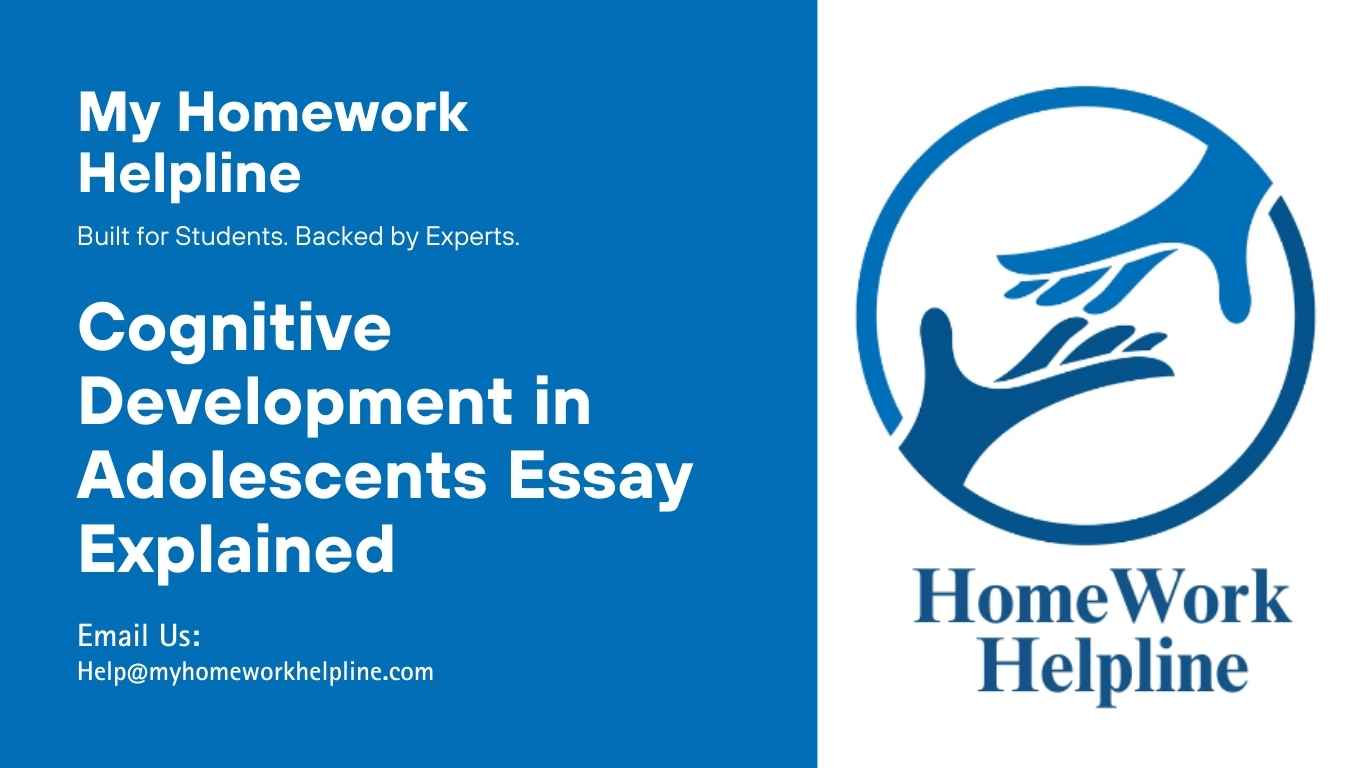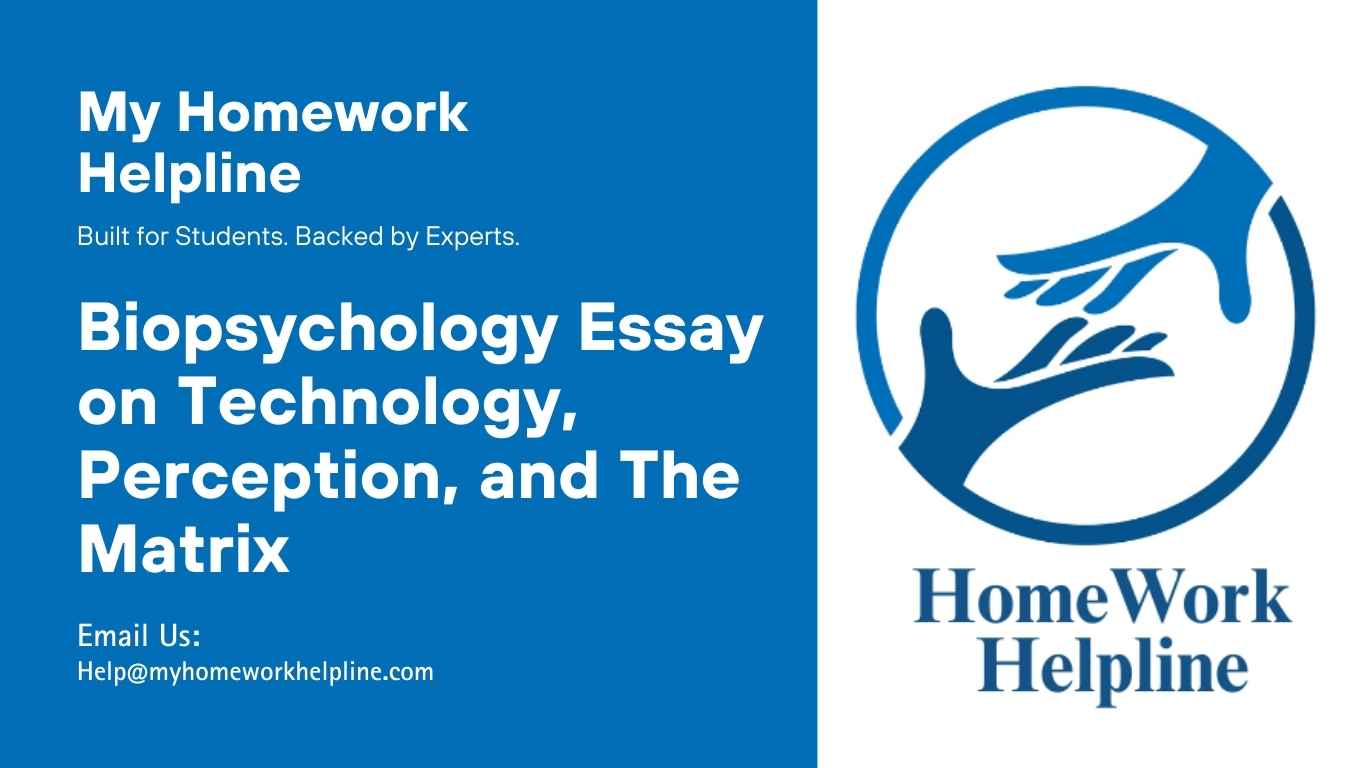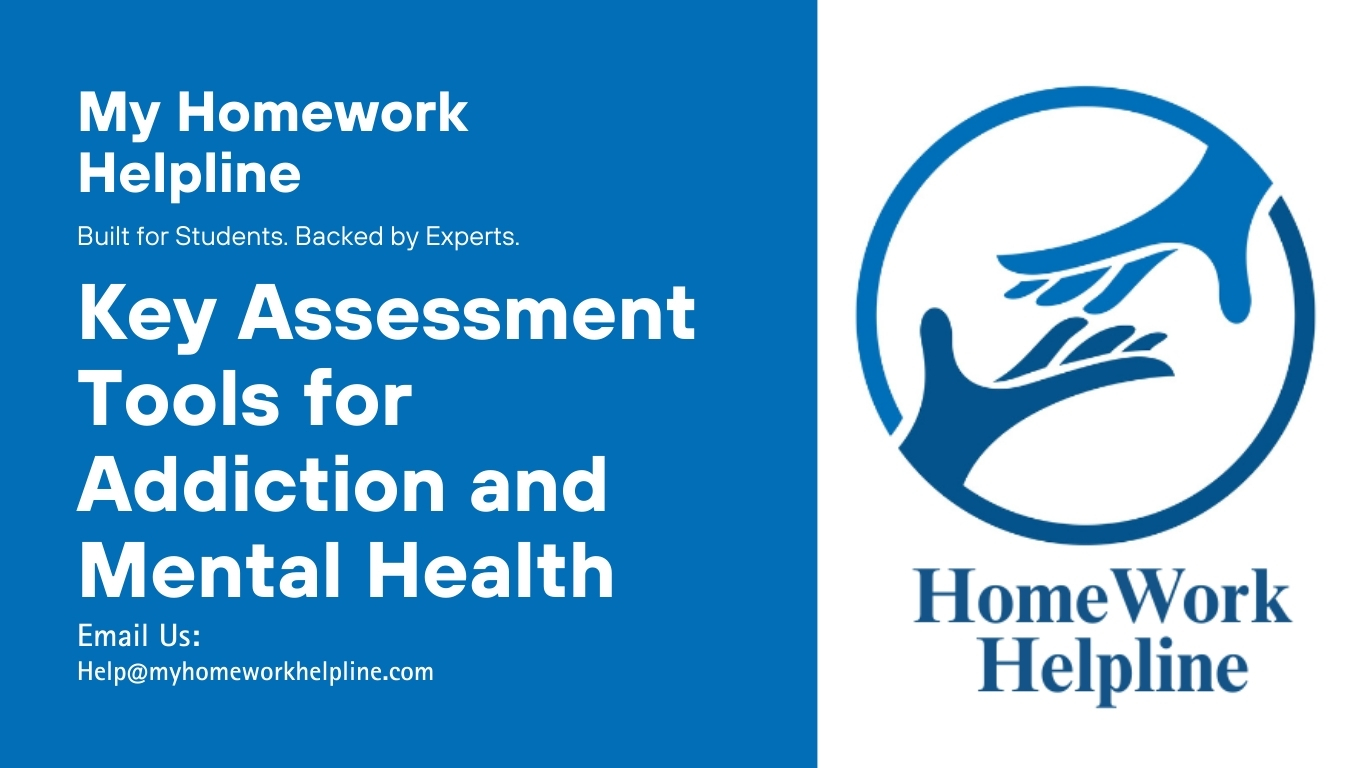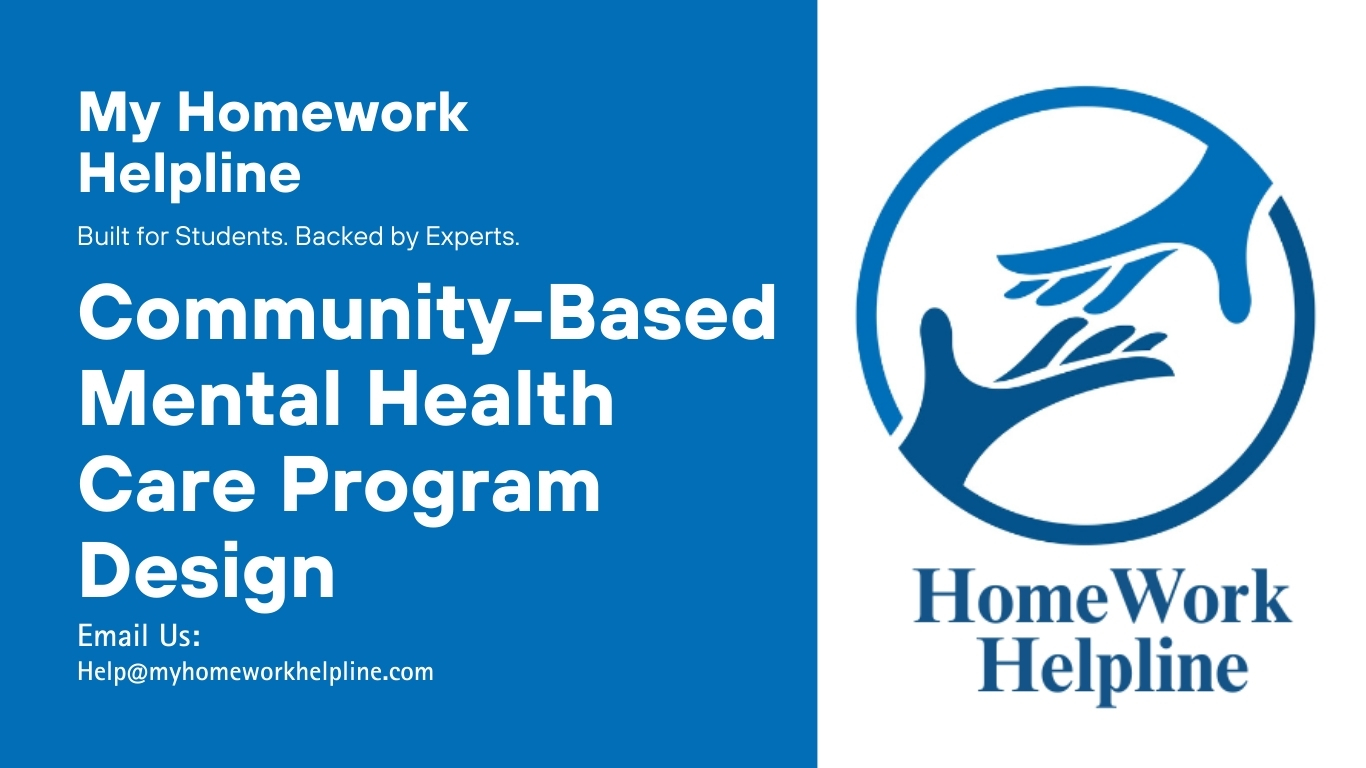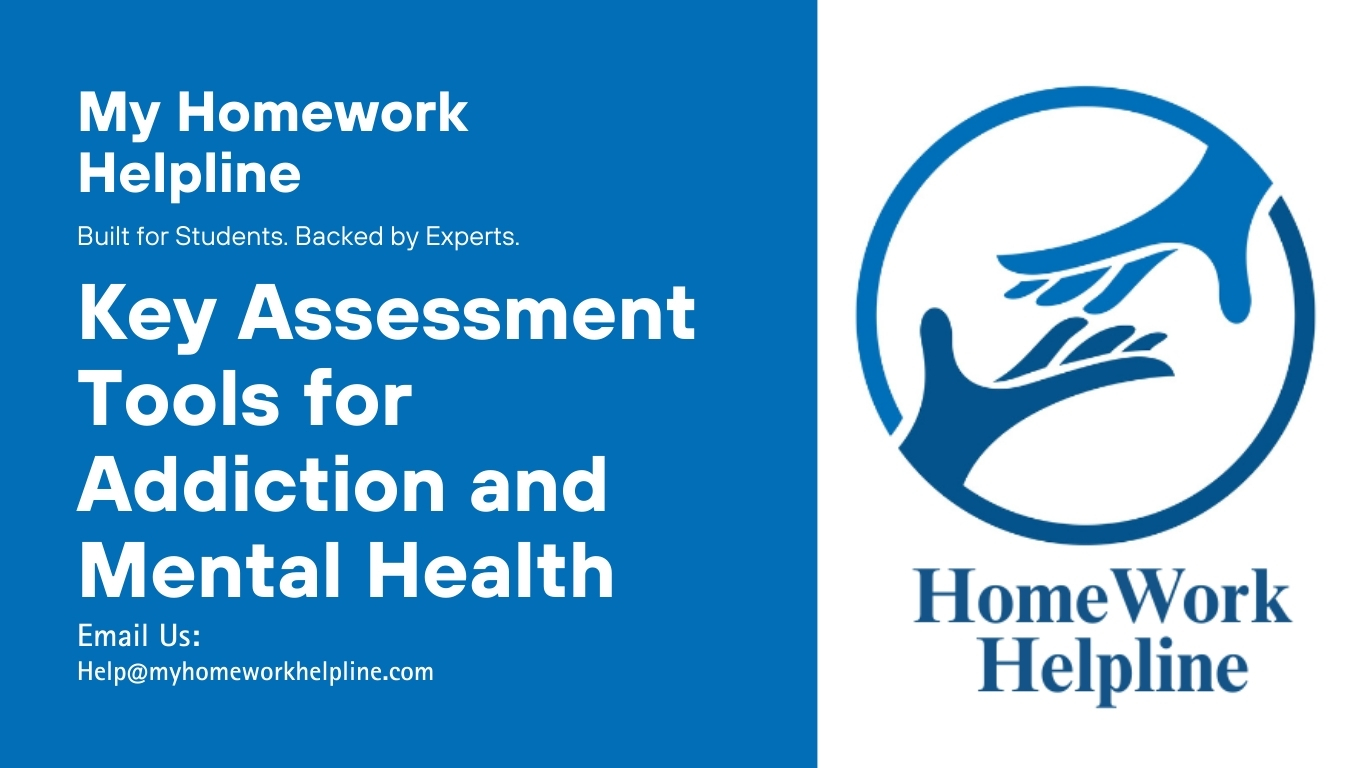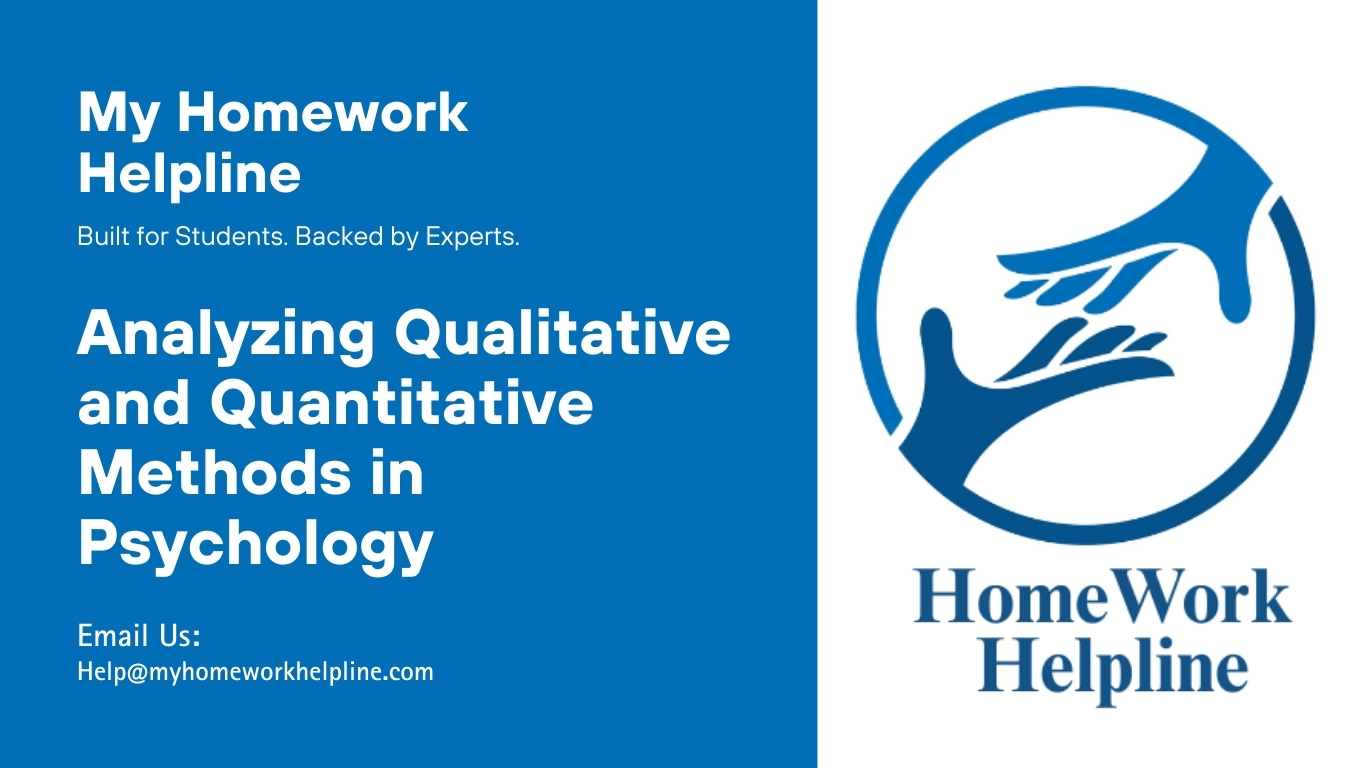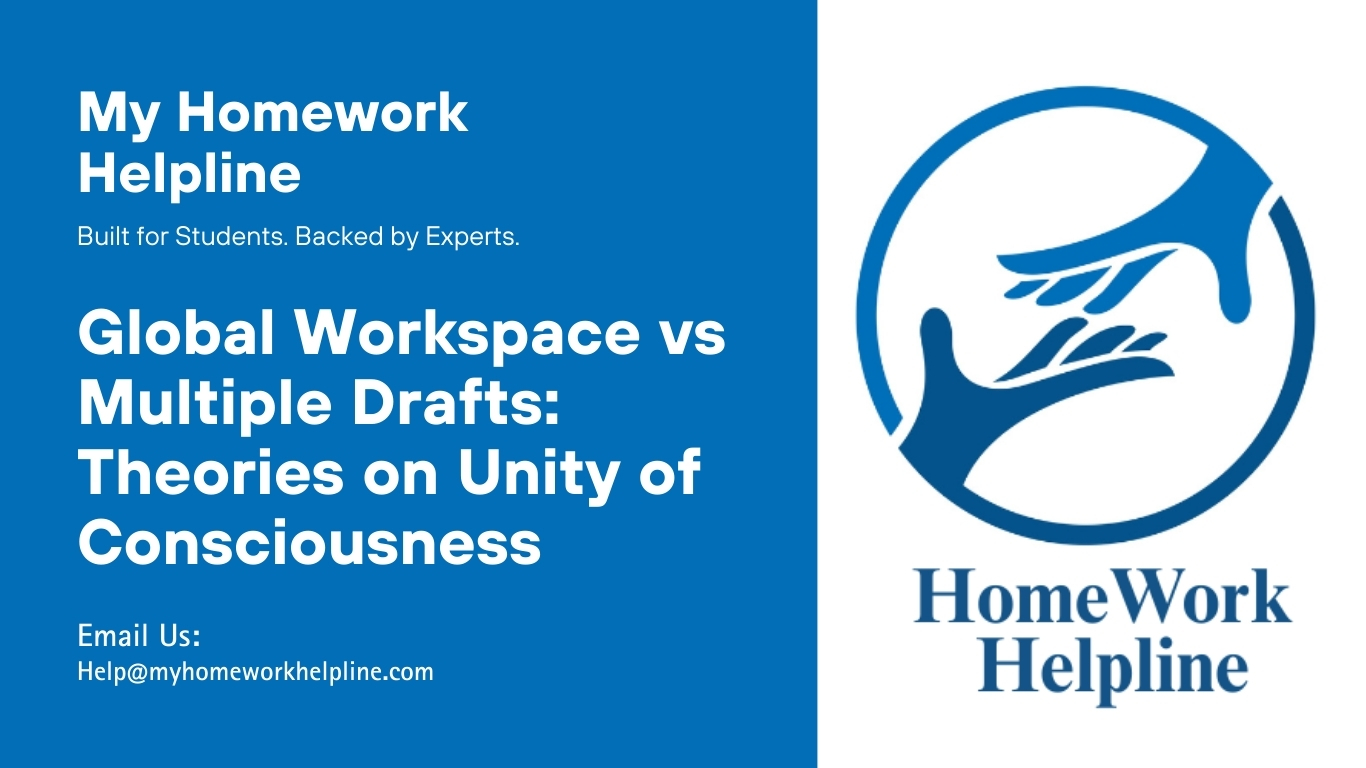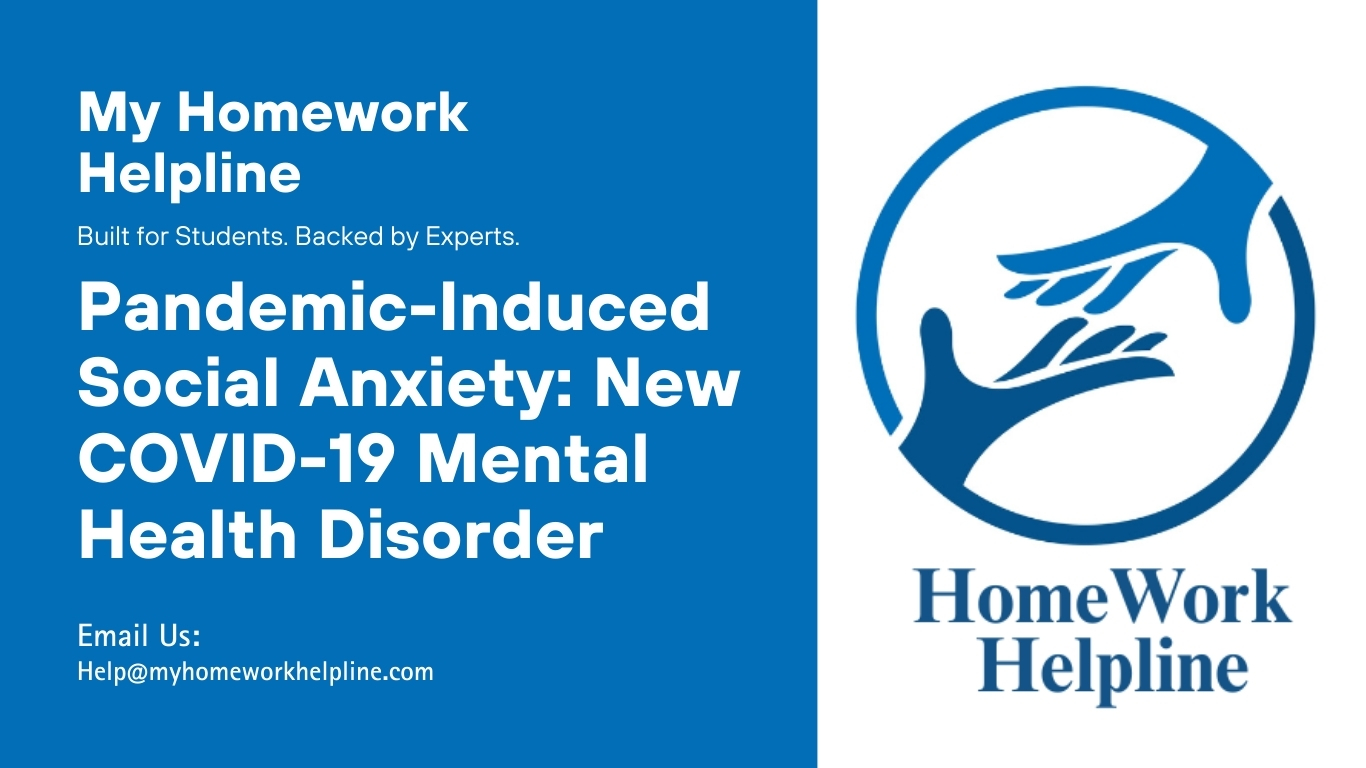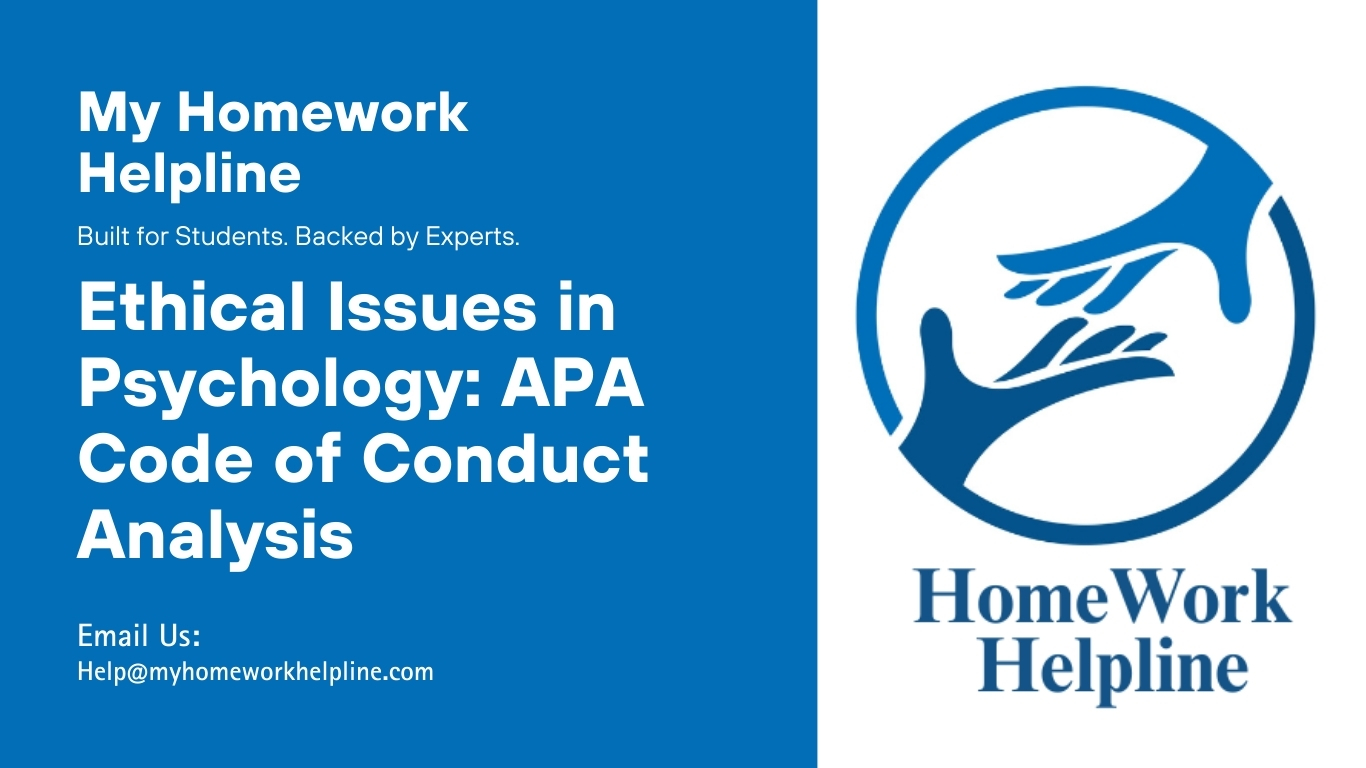Insights into Cognitive Development in Adolescents Essay
Cognitive development refers to the development of one’s ability to reason and think (Galván, 2020). Children aged six to twelve tend to reason in concrete ways, including how to separate, combine, order, and combine objects and actions. According to Compton et al. (2019), adolescence points to the beginning of the development of formal logical operations, […]

